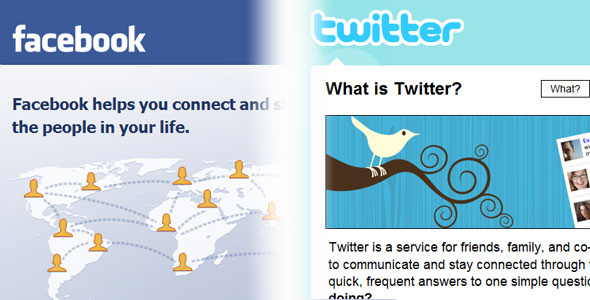 Stars of the sporting world have already been reprimanded for using it and now the business world are also being read the riot act.
Stars of the sporting world have already been reprimanded for using it and now the business world are also being read the riot act.
Before you use up all your guesses we’re not talking about a string of dodgy Amsterdam brothels or a rather large pile of Meth. So any of you out there using that recreational cocktail are safe.
Twitter and Facebook are the vices in this case and the British Advertising Standards Authority (ASA) are aiming to get new powers to regulate what companies say via their Twitter or Facebook feeds.
Businesses aren’t stupid and have used the two popular sites to their advantage since they became widely available but they’re also open to outrageous claims being made by some.
The new proposals, which are active from today onwards, centre on statements that appear on websites that can be interpreted as marketing but aren’t necessarily an advert.
“These are claims that are very similar to the claims that [the public] are used to seeing in adverts that appear in media like TV, radio, posters and print,” ASA chief executive Guy Parker told the BBC.
For example if you claim to be offering to match bets up to £1m and never even had the intention of doing so it may affect you, or even if you offer something for free and take away the opportunity you may win a prize at these awards.
The extended powers don’t cover comments left by customers on websites but it’s still likely this will have a profound effect on the gambling community.
Many sites and personalities, including Calvin Ayre, use social networking extensively in the online gaming space meaning that if operating in the centre of the iGaming universe, London, they may also be subject to these new guidelines.
